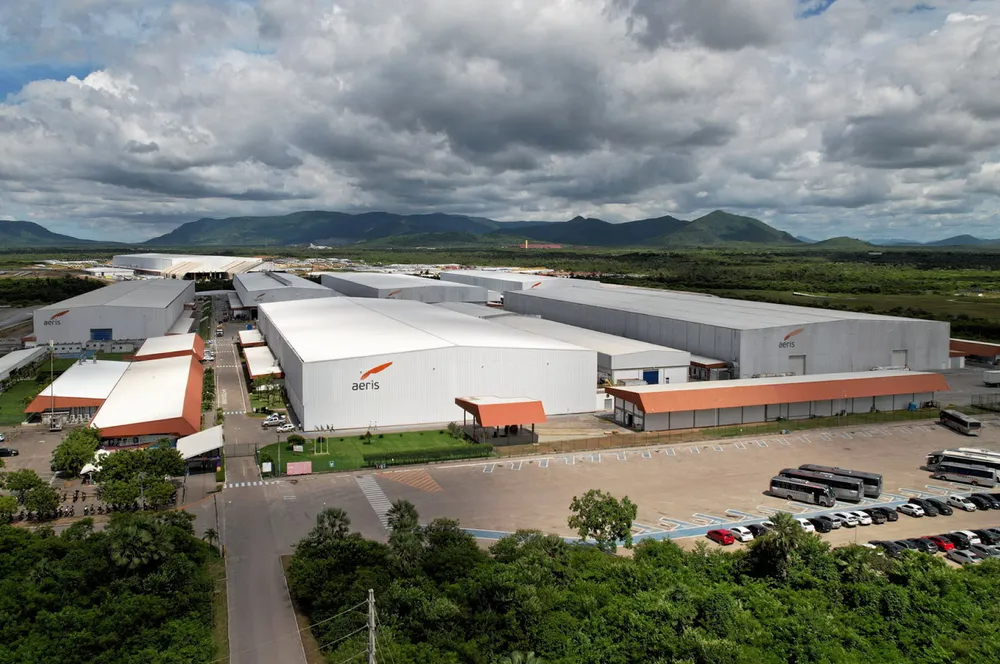Vestas Brazil turbine move boosts local blade maker
Decision to make the V163 platform in Brazil will also help Aeris Energy weather a difficult year in hydro-dominated market

A decision by Danish wind turbine giant Vestas to expand its Brazilian production to include the V163-4.5MW platform provided a boost for local blade maker Aeris Energy.
In its announcement, Vestas said the investments will underpin an existing Brazilian supply chain that already provides employment for around 25,000 people, mainly in this northeastern region of Brazil.
In addition to a memorandum of understanding with the state of Ceara, Vestas also announced a new agreement with the Brazilian arm of Banco Santander to ease financing conditions for supply chain companies, with ESG requirements.
The Aeris blades will be fabricated at the company's plant near Pecem, an industrial port which already serves as a hub for exporting wind turbine components to other regions of Brazil.
"A local wind energy value chain is a great example of a fair [energy] transition," said Eduardo Ricotta, head of Vestas' Latin American division.
Challenging year
The last two years have been challenging for many suppliers of turbines and components in Brazil as hydroelectric reservoirs at full capacity have depressed domestic electricity prices.
Brazil installed a record 4.8GW of onshore wind capacity last year – behind only China and the US – but some forecasts suggest that this will drop by at least 50% in 2024.
Aeris was one of the companies affected by this trend and cut back production over the last year. The company posted a small loss in the second quarter, compared to a 9.4m reais profit in the same period last year.
The longer-term outlook is positive however, due to the limited scope for expanding Brazil's dominant hydro sector any further and a growing vulnerability to droughts.
Ricotta stressed that investment in wind power in Brazil is fundamental to improve the diversity of an domestic energy system where hydro provides the baseload for electricity supply, but is increasingly vulnerable to drought and offers limited scope for expansion.
"We can deliver affordable, reliable and sustainable energy to the country, accelerating energy transition and decarbonisation goals. Vestas is committed to helping orchestrate the development of this ecosystem. To achieve this, we understand that it is essential that Brazilian industry has the technology and capital goods necessary to implement sustainable energy solutions to support economic growth," he said.
"Furthermore, our efforts aim to support Brazil's development to position it as an important center of the energy transition on the world stage."
"The V150 is an excellent success story in Brazil, and now we have introduced a turbine with the same nacelle size and well-known design concepts as the V150, but with an updated rotor. Designed to maximise annual energy production and accelerate transition to clean energy, the V163-4.5 MW increases performance and suitability in various regions and climate segments and provides customised solutions for our customers," said Rafael de Vecchi, Vestas' regional CTO for Latin America.
(Copyright)